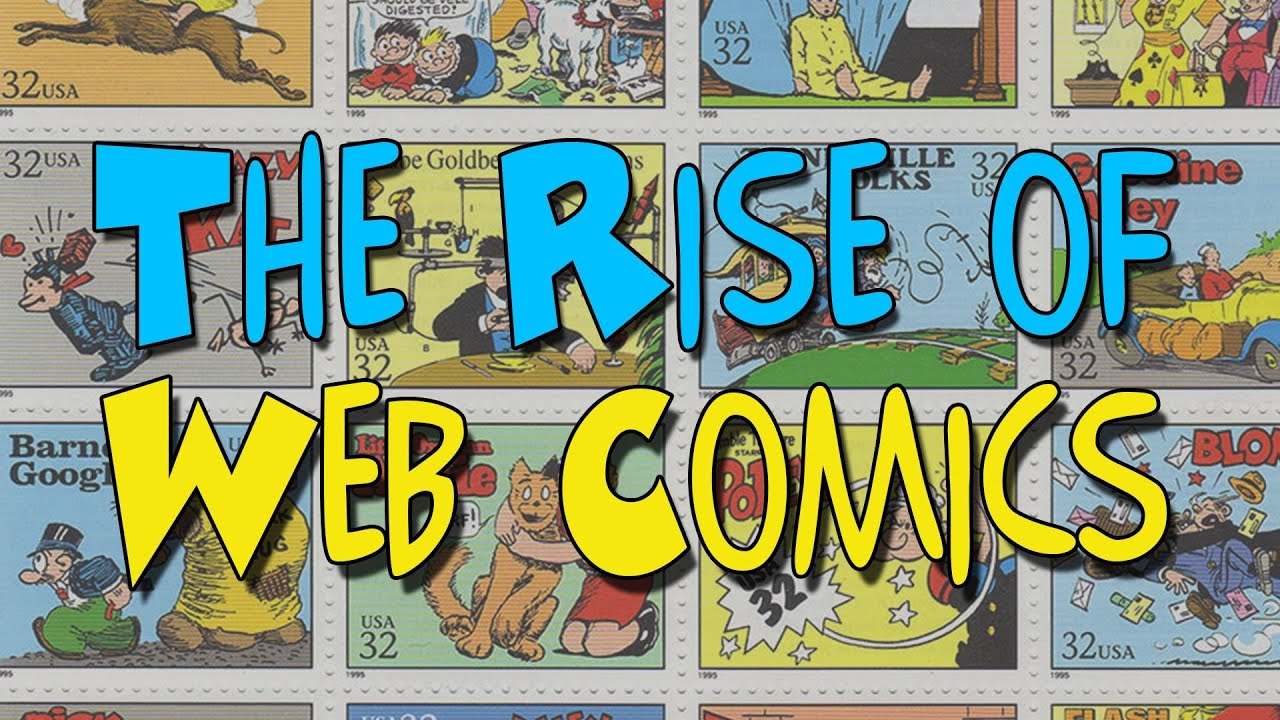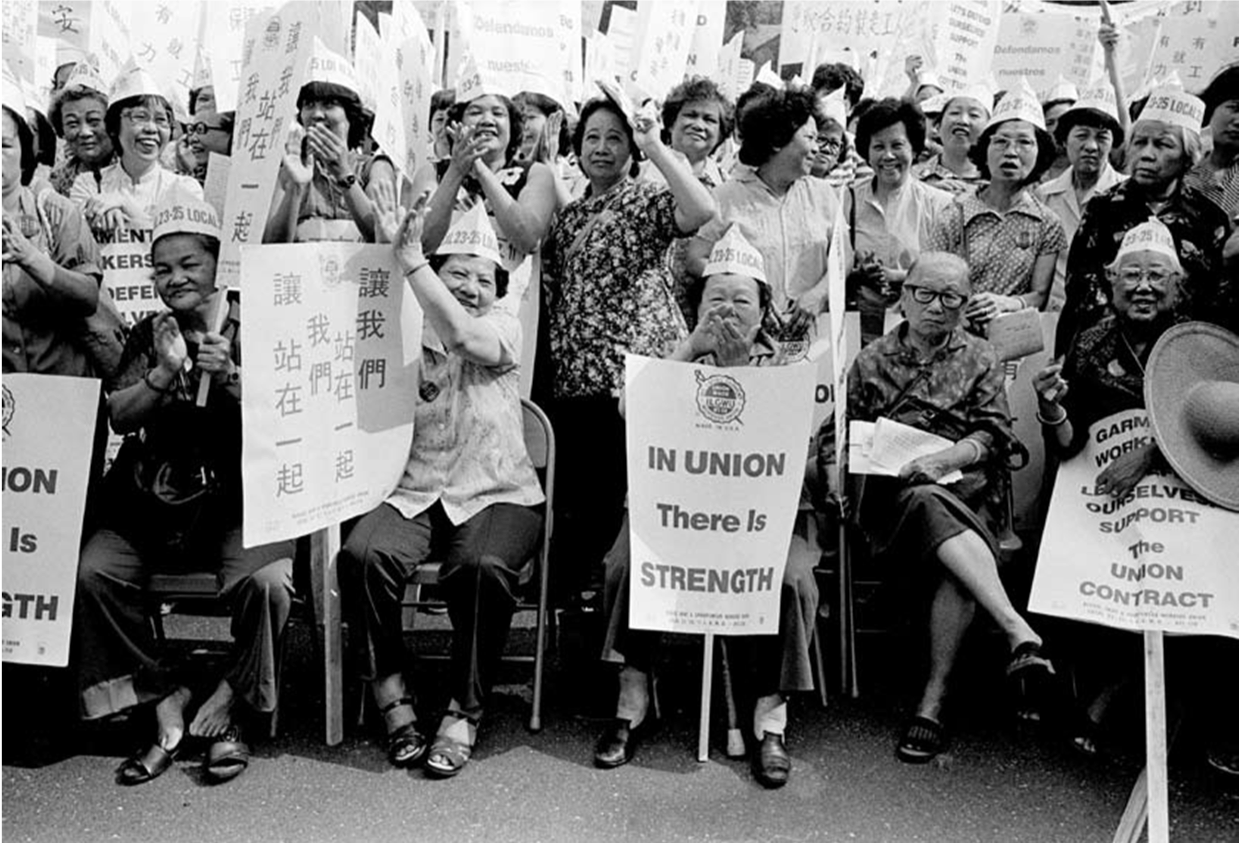AI and social justice are increasingly intertwined as we navigate the complex landscape of technology and society. Ruha Benjamin, a prominent scholar in African American Studies, argues that we must not simply trust the narratives presented by tech elites who claim to have altruistic visions for the future of humanity. In her recent lecture, she highlighted the ethical implications of AI and its potential to perpetuate oppression rather than uplift marginalized communities. As social justice activism gains momentum, it becomes essential to critically assess AI ethics in the context of real-world implications, including issues like unfair policing and healthcare access. By centering these conversations around social equity, we open the door to reimagine a future where technology serves the collective good, rather than exacerbating existing inequalities.
The intersection of artificial intelligence and equitable futures raises pressing questions about our shared societal values. Scholars like Ruha Benjamin challenge us to rethink our approach to technology, urging a deep understanding of the historical contexts that shape the impact of AI on vulnerable populations. Terms like digital equity and algorithmic fairness come to the forefront, illustrating the need for a framework that transcends mere efficiency. As we stand at the crossroads of technological advancement and social responsibility, it becomes vital for activists and thinkers to collaborate in envisioning innovative solutions. This dialogue not only critiques current systems but also inspires new paradigms that prioritize humanity’s diverse experiences and needs.
The Ethics of AI in Society
Ruha Benjamin’s insights into AI ethics serve as a critical evaluation of the way technology intersects with societal structures. She highlights the growing concern that AI systems, often perceived as cutting-edge and unbiased, can reinforce systemic inequalities. This juxtaposition raises important questions about who is responsible for ensuring these technologies serve the collective good rather than exacerbate existing disparities. As AI continues to evolve, understanding its ethical implications becomes increasingly vital to safeguarding social justice and institutionally marginalized communities.
Moreover, the debate around AI ethics prompts a deeper examination of the motivations of those in power who advocate for these technologies. Benjamin argues that leveraging AI for societal betterment requires scrutiny of the intentions behind their implementation. Are they genuinely aiming to address humanitarian issues, or are they primarily guided by self-interest? This discourse not only necessitates a reevaluation of AI’s role in society but also a demand for transparency and accountability from tech leaders.
Ruha Benjamin and the Future of Humanity
In her Tanner Lectures, Ruha Benjamin emphasizes that envisioning a promising future for humanity is not an impossible task. She challenges prevailing narratives that often depict dystopian scenarios centered around technological advancement, suggesting instead that such beliefs can hinder innovation and social progress. By advocating for a future grounded in creativity and imagination, Benjamin invites individuals, especially those within academic and activist circles, to reframe their perspectives on technology. This shift encourages broader discussions about what an equitable future could look like away from elitist tech utopias.
Furthermore, Benjamin posits that the future does not have to be defined solely by the interests of a select few, but should instead include voices from diverse backgrounds. The potential for collective agency in shaping the future of humanity lies in our collective imagination and willingness to engage with one another on the critical issues of technology and society. This dialogue is essential in charting pathways that foster social justice and inclusivity, ensuring that all communities can thrive regardless of their socioeconomic status.
Rethinking AI: A Call for Creative Imagination
Ruha Benjamin’s remarks on the need for creativity in approaching AI and technology highlight a significant oversight in current technological discourse. By framing AI merely as a tool for efficiency without embedding it within a broader societal context, the risk arises that marginalized communities may suffer further injustices. Benjamin argues for a holistic view that intertwines technological innovation with social responsibility. Through the lens of creativity, it’s possible to envision alternative outcomes that prioritize empathy and ethical considerations in AI deployment.
This creative reimagining calls for participatory approaches in technological development, where diverse voices contribute to the design and implementation of AI solutions. Benjamin believes that re-envisioning what technology can accomplish should not be confined to calculations or algorithms but should include an understanding of the historical and social implications of these tools. As we explore the potential of AI, we must adopt a mindset that seeks to dismantle barriers and foster inclusive environments where equitable outcomes are the standard.
AI and Social Justice: Challenges and Opportunities
The intersection of AI and social justice poses both significant challenges and opportunities for contemporary society. Ruha Benjamin’s critiques elucidate the potential for AI technologies to perpetuate systemic inequities, notably in areas such as law enforcement and healthcare. Advanced algorithms, while potentially efficient, can often mirror and amplify biases, affecting marginalized communities disproportionately. Such issues warrant escalated scrutiny and a rethinking of how AI can be integrated into public life, ensuring it uplifts rather than oppresses.
On the other hand, these challenges present an opportunity for advocates of social justice to engage with technological development proactively. By fostering inclusive discussions, stakeholders from various backgrounds can participate in the creation and application of AI technologies. This approach can catalyze innovations that genuinely reflect and serve the needs of diverse communities, ensuring a fairer distribution of resources and opportunities. Through strategic advocacy and collaboration, the coexistence of AI and social justice can lead to transformative changes in society.
Dismantling Barriers: The Role of Education in Tech Development
Education plays a pivotal role in dismantling the barriers that separate technological capabilities from societal needs. Ruha Benjamin advocates for a curriculum that integrates arts and humanities into technical education, promoting a more holistic understanding of technology’s impact on society. By encouraging students to explore the ethical implications of their work, educational institutions can foster a generation of technologists who prioritize social good alongside innovation. This shift is essential for developing technologies that are attuned to the complexities of societal dynamics.
Moreover, educational frameworks should encourage critical inquiry and creativity, allowing students to envision alternate futures where technology serves as a catalyst for positive social change. Benjamin’s call for a reassessment of academic priorities is a rallying cry for educators to cultivate an environment where students can engage with moral and ethical dimensions of technology. By rethinking education around technology, we empower individuals to play active roles in shaping just and equitable futures.
The Importance of Social Context in Technology Development
Ruha Benjamin emphasizes the necessity of incorporating social context into technological development, asserting that a purely technical perspective is insufficient for understanding the consequences of AI-driven initiatives. She argues that without considering the historical and social dynamics that inform technological practices, innovations risk perpetuating the very disparities they are intended to eliminate. This perspective aligns with broader conversations in AI ethics, where understanding the implications of deployment on various communities becomes critical to achieving genuine progress.
Recognizing the social context in technology also fosters community engagement, where developers are encouraged to consult with stakeholders affected by their initiatives. By allowing diverse voices to inform technological design and implementation, there exists a greater chance of addressing specific needs and preventing harm. Ultimately, embracing the interplay between technology and society enhances the potential for creating inclusive solutions that champion social justice and accountability.
Imagining Futures Beyond Surveillance and Policing
Ruha Benjamin’s vision for a future devoid of policing and surveillance presents a radical challenge to prevailing norms. She encourages an examination of how technology can be redefined to support a world where freedom and equity are prioritized over control and division. By challenging the status quo, Benjamin’s approach invites a critical inquiry into what safety and security truly mean in a society that values dignity and justice for all.
In envisioning this future, it is crucial to consider alternative technologies that can promote community well-being without resorting to surveillance. Strategies such as restorative justice practices and community-led initiatives stand in stark contrast to punitive systems, allowing for constructive responses to conflict. By imagining a world where AI and technology serve to empower rather than monitor, individuals can engage in creating safer, more just communities that reflect shared values.
Engaging Diverse Perspectives in Technological Innovation
The inclusion of diverse perspectives in technological innovation is vital for developing comprehensive solutions to the challenges of our time. Ruha Benjamin advocates for this inclusivity, asserting that an array of voices—from different races, genders, and socioeconomic backgrounds—leads to richer understandings of technology’s role in society. Engaging various viewpoints not only helps to mitigate biases in technological design but also ensures that solutions are tailored to various community needs.
Creating spaces for dialogue and collaboration can facilitate the exchange of ideas that promote equitable outcomes. By bringing together technologists, social scientists, and community advocates, a more nuanced approach to innovation can emerge. This collaborative model reflects a commitment to social justice and underscores the importance of collective knowledge in shaping the future of technology, ultimately paving the way for developments that better serve the common good.
Reimagining Technology through Arts and Humanities
Ruha Benjamin calls for a revitalization of the arts and humanities within technological discourse, emphasizing their role in fostering critical thought about AI and its societal implications. By engaging with artistic expression and humanistic inquiry, individuals are encouraged to question normative assumptions about technology, leading to innovative ideas that challenge established boundaries. This interplay between technology and the arts is not just beneficial; it’s essential for nurturing creativity and expanding the horizons of what is possible in society.
Incorporating arts and humanities into technology discussions can also open up new pathways for addressing pressing social issues. The perspectives garnered from these fields can provide insights into the ethical considerations necessary for responsible AI development. As Benjamin suggests, a re-engagement with creativity enables the exploration of alternative possibilities that foster justice, equality, and dignity in a rapidly evolving technological landscape.
Frequently Asked Questions
How does Ruha Benjamin connect AI and social justice in her lectures?
Ruha Benjamin links AI and social justice by criticizing how AI technologies often reinforce oppression, particularly against marginalized groups. She emphasizes that many innovations in AI are presented as altruistic, when in fact, they might prioritize profit over social good, leading to systemic injustices.
What role does AI ethics play in discussions about the future of humanity according to Ruha Benjamin?
AI ethics is crucial in Ruha Benjamin’s discussions as she argues that ethical considerations are often overlooked in favor of technical efficiency. She asserts that treating algorithmic decision-making as morally neutral can harm those historically marginalized, highlighting the need for a balanced approach to AI development.
Why does Ruha Benjamin believe that the average person should be involved in shaping the future of AI and social justice?
Benjamin believes the average person should participate in shaping the future of AI and social justice because the current narratives around technology are dominated by tech elites. She encourages inclusive dialogues that incorporate diverse perspectives, promoting a broader understanding of societal issues affected by AI.
What examples does Ruha Benjamin provide to illustrate the harmful impact of AI on social justice?
Ruha Benjamin cites examples such as facial recognition software resulting in wrongful arrests and automated healthcare triage systems that discriminate against marginalized communities. These instances show how AI can perpetuate injustice rather than alleviate human suffering.
How can creativity and imagination help in addressing the challenges posed by AI technologies in social justice?
Creativity and imagination can help redefine the direction of AI technologies in social justice by encouraging innovative solutions that prioritize human welfare over efficiency. Benjamin advocates for reimagining systems that dismantle existing structures of oppression rather than just making them less harmful.
What does Ruha Benjamin suggest should be prioritized in universities to foster better understanding of AI and social justice?
Benjamin suggests that universities prioritize the arts and humanities to foster better understanding of AI and social justice. She argues that educational institutions should encourage critical and creative inquiry beyond technical training to address the complex social implications of AI.
How does Ruha Benjamin’s perspective challenge common narratives surrounding AI technologies?
Benjamin challenges common narratives around AI technologies by arguing that they are not inherently moral or progressive. She illustrates that many AI advancements, while marketed as innovative, may perpetuate inequalities and that the societal impact of these technologies demands greater scrutiny.
What is the significance of public goods in Ruha Benjamin’s discussion of AI and social justice?
In her discussion, Benjamin highlights the significance of public goods, like free transportation and affordable housing, as vital components of social justice. She critically points out the societal bias that views essential services as unrealistic while embracing high-tech solutions, advocating for a reevaluation of what constitutes progress.
| Key Point | Details |
|---|---|
| Radical Future Vision | Ruha Benjamin argues that society should not fear a radically different future, as tech elites are envisioning their own futures. |
| Skepticism Towards Tech Elites | Benjamin warns against trusting tech leaders to solve human suffering, highlighting their self-interested motives. |
| Perpetuation of Oppression | AI technologies often reinforce oppression, such as wrongful arrests from facial recognition and biased healthcare access through automated systems. |
| Critique of AI as Morally Neutral | Relying on algorithms for societal decisions can harm marginalized communities, echoing past eugenics practices. |
| Need for Diverse Knowledge | Benjamin emphasizes that addressing societal issues requires input from diverse fields, not just technical expertise. |
| Call for Creativity and Imagination | She advocates for universities to prioritize arts and humanities, urging a shift from harm reduction to radical reimagination of society. |
Summary
AI and social justice are critical themes in contemporary discourse, as Ruha Benjamin challenges the assumptions surrounding AI technology and its implications for society. She advocates for a visionary approach to the future, emphasizing the importance of including diverse perspectives in discussions about technological advancements. By recognizing the potential for AI to perpetuate existing injustices, Benjamin urges us to rethink how we design and implement these systems, reminding us that true progress lies not just in harm reduction but in creatively reimagining a more equitable world.



